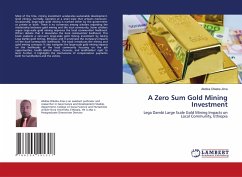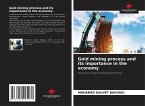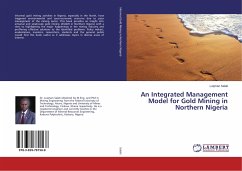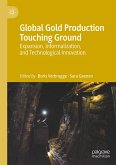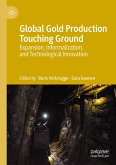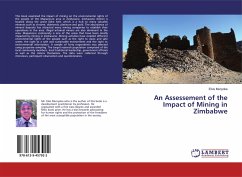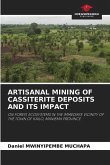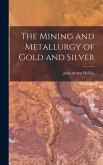Most of the time, mining investment accelerates sustainable development. Gold mining, normally, operates at a small scale that artisans maneuver. Occasionally, large-scale gold mining is worked either by the government or private or both. There is no consensus among scholars regarding the relationship between gold mining and the local community. Some scholars argue large-scale gold mining improves the local communities' livelihood. Others debate that it devastates the local communities' livelihood. This book explores a zero-sum large-scale gold mining investment by taking Lega Dambi gold mining, Ethiopia; and it scrutinizes the Company's impacts on the local community's livelihoods. The book introduces the mining and gold mining concepts. It also navigates the large-scale gold mining impacts on the livelihoods of the local community focusing on the job opportunities, health-related issues, incomes, and landholders' right to land. Further, it highlights the mechanisms of compensation payments both for landholders and the victims.
Bitte wählen Sie Ihr Anliegen aus.
Rechnungen
Retourenschein anfordern
Bestellstatus
Storno

